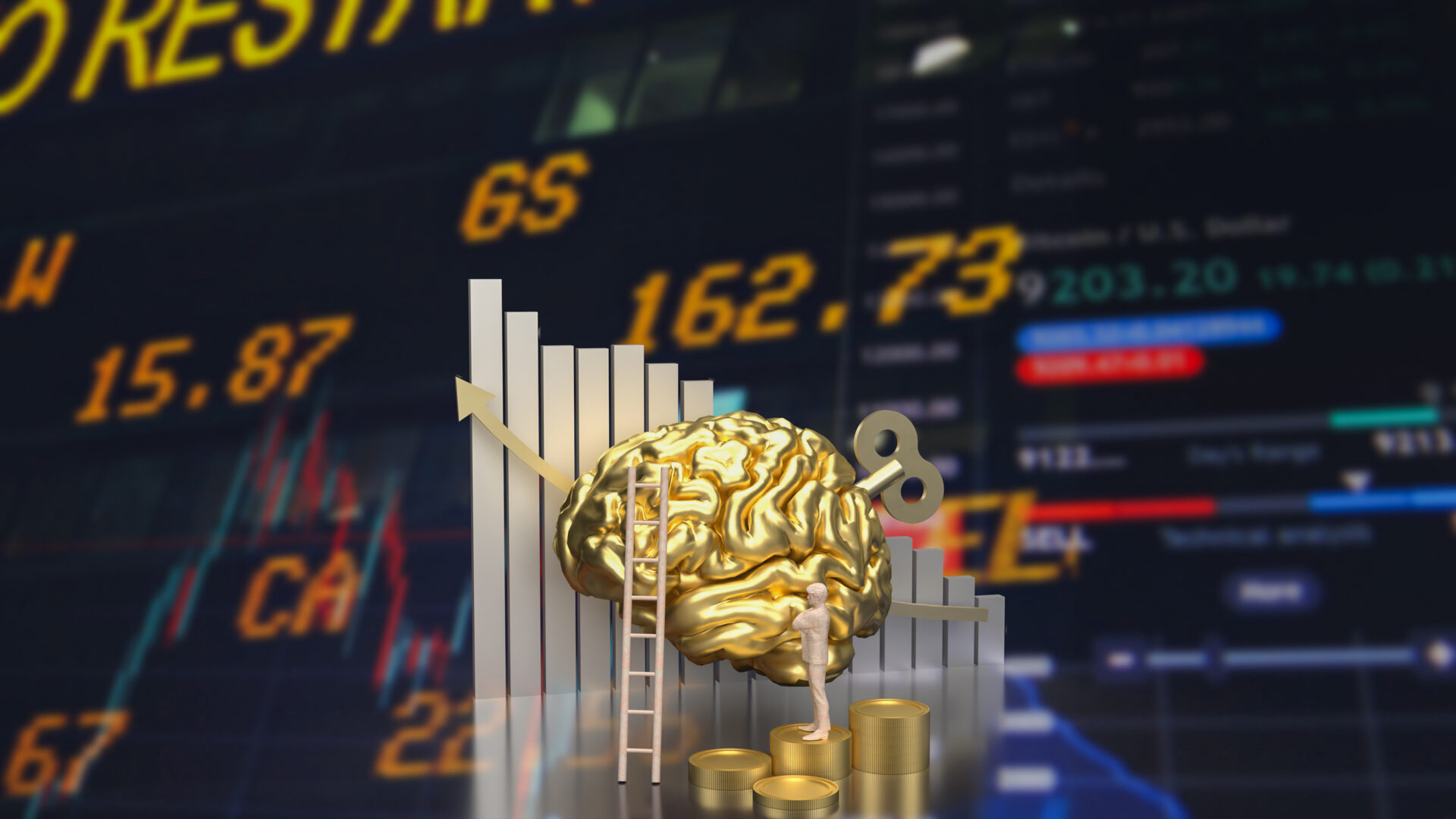Mastering Trading Psychology: Key to Forex Success
Unlock the secrets of trading psychology to enhance your Forex strategy. Discover how mastering emotions contributes to smarter decision-making and trading success.
Introduction:
For traders at every level entering the Forex market, grasping the nuances of trading psychology is as vital as understanding market analysis. The Forex market’s inherent volatility can evoke strong emotional reactions, which may compromise judgment and lead to trading decisions that are not optimal. In this detailed exploration, we focus on “trading psychology,” offering strategies and insights that aid traders in managing their emotions effectively, thereby enhancing decision-making processes and trading outcomes.
The Crucial Role of Trading Psychology:
– Emotional Awareness: Accepting that fear, greed, and stress are natural components of trading psychology. Identifying these emotions as they arise is crucial for their management.
– Expectation Management: Cultivating realistic expectations is a fundamental aspect of trading psychology, helping traders cope with losses and avoid disillusionment.
Deep Dive into Trading Psychology: Strategies for Emotional Mastery
– Stress Management: Activities that promote relaxation and mental clarity are essential for maintaining a balanced psychological state, enabling more rational trading decisions.
– Fear Management: The psychology of fear can immobilize traders. Counter this with a robust trading plan that includes strategic stop-loss orders to manage risks without emotional interference.
– Greed Control: Understanding the psychology behind greed is vital. Implement clear profit targets and stop-loss orders to curb impulsive, greed-driven trading decisions.
Trading Psychology in Practice: Tips for Emotional Equilibrium
– Develop a Trading Plan: A cornerstone of sound trading psychology, a comprehensive trading plan outlines investment objectives, risk tolerance, and methodologies for trade execution.
– Demo Account Practice: Experiencing market dynamics without financial risk allows traders to hone their emotional regulation skills, a critical aspect of trading psychology.
– Reflective Learning: A trading journal is an invaluable tool for dissecting the psychological underpinnings of trading decisions, facilitating personal growth and strategic refinement.
– Risk Management: Prioritizing psychological well-being by trading within one’s means and avoiding undue leverage can significantly reduce trading-related stress and fear.
Enhancing Emotional Intelligence: The Pinnacle of Trading Psychology
Developing emotional intelligence transcends basic emotion management; it involves insightful analysis of market sentiment and the psychological discipline of other traders. By focusing on the development of these skills, traders can vastly improve their resilience and psychological acumen in the trading environment.
Internal Links: Follow These Links For A More Comprehensive Experience
– [Manual vs Automated Trading](/automated-trading-strategies)
– [Effective Risk Management Strategies](/risk-management-strategies-forex)
– [Risk Management Plan](/creating-resilient-trading-plans)
Conclusion:
The mastery of trading psychology is essential for anyone looking to succeed in the Forex market. Implementing effective strategies for managing stress, fear, and greed, and adhering to a disciplined approach to trading, enables traders to navigate the complexities of the market with confidence. Remember, the journey to becoming a successful trader is not just about profit maximization but also about intelligently managing losses and emotions. By emphasizing the importance of trading psychology, traders can achieve not only financial success but also personal growth and satisfaction in their trading careers.
By integrating trading psychology into every facet of your trading strategy, you’re not just trading currencies; you’re mastering the mental game that sets successful traders apart.








